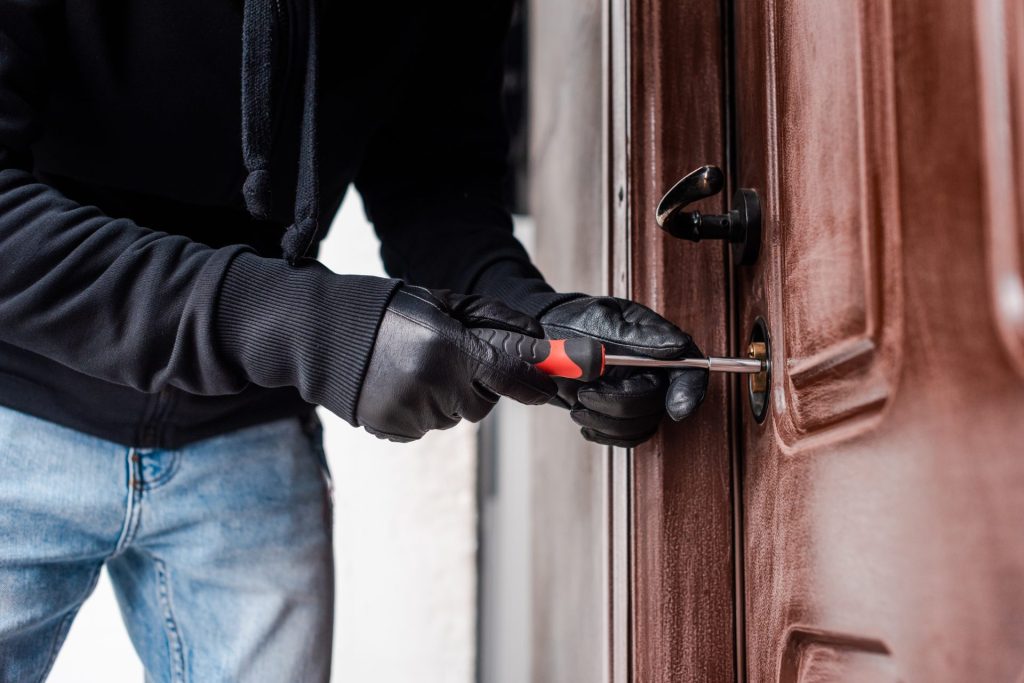What is Bail?
After being arrested for a criminal offense, the suspect is usually taken to a county jail cell, where law enforcement will book and hold them. Depending on the circumstances of their arrest, the individual may have the option to get out of jail if they can pay a fee called bail.
Sometimes, it may take days or weeks before the defendant’s day in court. Posting bail allows these individuals to return to their daily lives until their court date arrives. Bail can be posted by the defendant in jail, their family members and loved ones, or anyone else willing to pay the bail fee.
If bail costs too much for the individual to pay out of pocket, they may turn to a bail bonds company to assist them with paying for their release. Bail bond agencies can provide you with the necessary financing to cover most of the cost of bail by charging you a fee, which is generally about 15% of the amount for bail. In criminal cases where you turn to a bail bonds company to post your bail, you will typically have to come up with about 10% of the total bail amount, while the bail bondsman will finance the remaining 90%.
How to Go About Posting Bail?
If you can post bail, you must either go to court or the jail where the individual is being held to complete the bail process. For those posting cash bail, you must bring the total amount of money either in cash or a cashier’s check. If you have opted to use a bail bond agent to pay bail, you must provide the bondsman with the fee and collateral.
Once bail has been posted, the defendant will be released from jail. However, they will be required to attend all necessary courtroom appearances ordered by the courts.
If you cannot post bail either because of the particulars of your criminal case or because you cannot afford the hefty price tag, you must remain in your jail cell until your criminal case is resolved. Unfortunately, this may take several months to conclude, depending on the case’s complexity and the court’s schedule.
Do You Have the Right to Release on Bail After Committing a Felony?
You have the legal right to be released from jail on bail for most criminal offenses. However, this is not the case for all criminal offenses, including murder and certain violent felonies.
No bail will be provided for persons convicted of the following:
- Any felony sexual assault committed against a child under the age of 15
- Child abuse
- Class 5 felony acts of domestic violence
- Felonies committed with the use of a firearm
- Murder
- Possession of a weapon by a previous criminal offender
- Sexual assault involving the use of a deadly weapon
- Violent crimes
- Stalking if there was a temporary or permanent protection order, probation, parole, injunction, or condition of a bond court order
- The second or subsequent offenses of stalking within seven years of the previous offense if the person was convicted
Colorado courts are unlikely to set bail if the defendant is likely to flee or poses a threat to the safety of an individual or the community at large.
What Are Different Types of Bail in Colorado?
Colorado Springs has three main types of bail: cash bail, personal recognizance, and surety bond.
Cash bail is a payment made to the courts in the total amount of the set bail. You should be released from jail if you can pay the entire bail amount. You will forfeit the bail amount if you fail to appear in court after posting bail.
Personal recognizance bail is the defendant’s promise to appear in court. If granted, you will not be required to pay any money to be released from jail. However, if you fail to appear at your court as ordered, you may be required to pay a cash bond or even have an arrest warrant issued against you.
A surety bond is a payment made to a bail bondsman who posts the full bail amount with criminal courts in exchange for a fee. If you fail to appear in court, the bail bondsman will be responsible for paying the full bail amount.
How is Bail Determined in Colorado?
Judges will consider several factors when establishing bail, including the following:
- Any criminal history of the defendant
- Flight risk
- Safety of the community
- The defendant’s ties to the community
- The financial resources of the defendant
- The likelihood of the defendant appearing in court
- The severity of the crimes in question
The severity of the crime is the leading factor in determining bail amounts—generally, the more serious the crime, the higher the bail amount. Additionally, suppose the defendant has a prior criminal record, particularly one that involves violent offenses. In that case, a judge may set a higher bail amount.
What Are Bond Conditions?
In addition to paying bail, the defendant must also agree to specific requirements known as bond conditions.
Perhaps the most common bond condition is that failure to appear in court may result in arrest and the forfeiture of the bond amount. Failure to appear is a criminal offense that can result in over six months in prison and the loss of eligibility for probation.
Another standard condition prohibits the defendant from committing crimes or leaving the state when released on bail.
Defendants are usually required to acknowledge the existence of any restraining order against them and notify the courts immediately of any change of residence or mailing address.
It is possible to appeal bail bond conditions, but this will be a complex legal challenge. Contact our law office for legal assistance.
Schedule a Free Case Evaluation with Experienced Colorado Spring Criminal Defense Lawyers Today
After being arrested for a crime in Colorado Springs, you must consider two critical factors: professional legal representation and paying bail.
Our Colorado Springs law firm has extensive experience representing clients accused of felony offenses within the state. We would defend your legal rights in pursuit of the most optimal outcome for your case.
To learn more about our legal services and how our criminal defense attorneys can assist you throughout the bail process, please get in touch with our Colorado law firm to schedule your free consultation with our legal team today. You can reach us at 719-451-7469.





